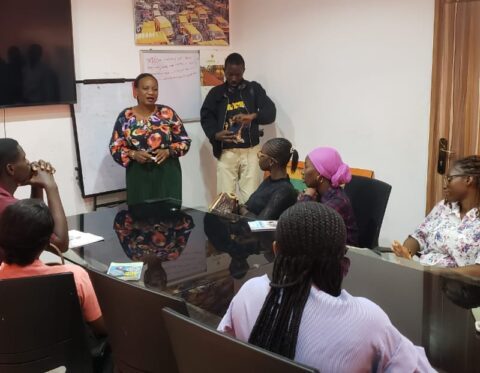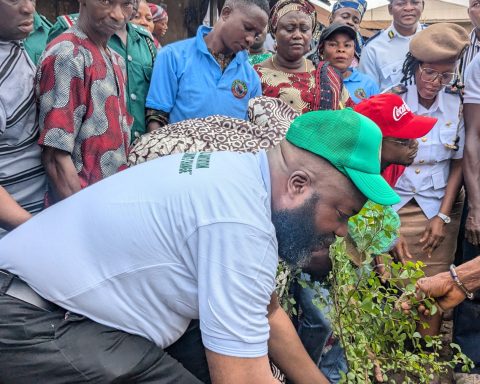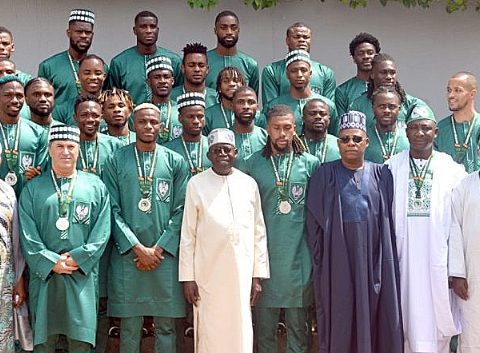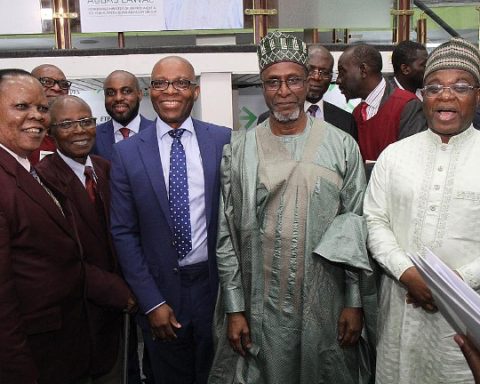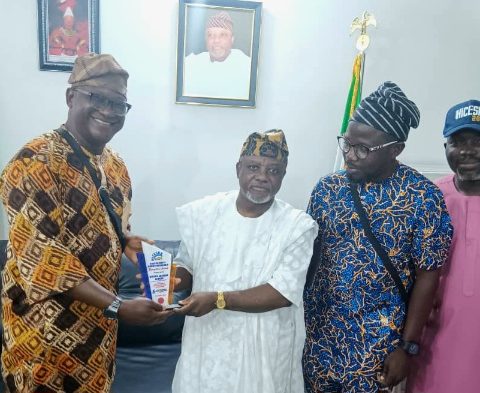
By Ochuko Kokofe
Prince Felix Ihonre, Nigeria’s Country Representative for the World Junkanoo Festival for Tourism and Culture (WJFTC) and the World Carnival Commission (WCC), announced that the forthcoming Junkanoo festival is set to unite cultural and tourism leaders from Africa, the Caribbean, and the global Afro-diaspora. Scheduled for July 4-8, 2024, in Canada, this event will serve as a platform for cultural exchange, learning, and celebration.
During a press briefing in Abuja on Monday, Ihonre highlighted the festival’s potential to showcase Nigeria’s rich cultural heritage and tourism prospects to an international audience. The event will feature a diverse array of cultural expressions, including music, dance, choreography, masquerade exhibitions, art, fashion, and more.
“As we commemorate over 400 years of shared history, it’s crucial to pass down our cultural heritage and traditions to the next generation, especially those in the diaspora,” Ihonre emphasized.
He also acknowledged the significant support and growth experienced by various sectors in Nigeria under the Tinubu administration, including Sport Tourism, Ecotourism, Medical Tourism, and Cultural Entertainment. This support has been consistent across all government levels, resulting in substantial positive impacts on these industries.
“By celebrating our cultural diversities and sharing our history through the vibrant lens of Junkanoo, we can promote heritage tourism and ensure that our legacy continues to inspire future generations,” Ihonre said. “This festival allows us to honor our ancestors while shaping a lasting legacy for generations to come.”
Ihonre praised the collaborative efforts of President Bola Ahmed Tinubu’s administration with federal, state, and local governments, as well as traditional institutions, such as the Palaces of the Sultan of Sokoto, Ooni of Ife, Oba of Benin, Obong of Calabar, the Supreme Traditional Rulers Council of Akwa Ibom State, and the Palace of King Ateke Tom in Okrika, Rivers State.
“This consistent support has led to a remarkable impact on our cultural and tourism sectors,” Ihonre noted. “However, cultural and tourism activities cannot thrive amidst terrorism, violence, hunger, and poverty. We commend the current administration’s efforts to combat these challenges, aiming to create a conducive environment for culture and tourism to flourish.”
Ihonre called on northern communities to work towards ending violence, emphasizing that collaboration with the current administration would bring peace and enhance food security. “Agriculture and farming are fundamental aspects of our cultural heritage, and food security is a pressing issue due to widespread violence. We urge our northern brothers to put an end to the violence, ensuring peace and abundant food supplies,” he concluded.









